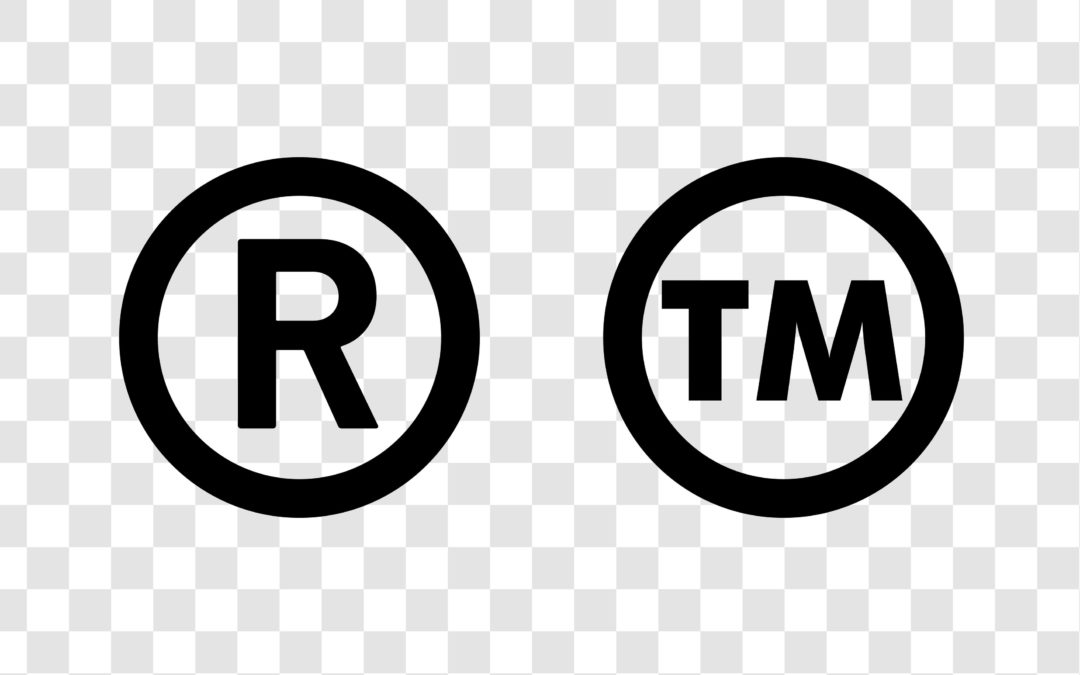When it comes to registering a trademark vs. copyright, how do they differ? When is it appropriate to register one or the other?
Protection by a Copyright
Copyright, rather than protecting a slogan or name, protects an original creative work (i.e., painting, film, book, software, etc.). You may also hear these called original works of authorship. If someone doesn’t have permission from the copyright holder, they can be stopped from reproducing, copying, or making a derivative of the work by the holder of the copyright. IMPORTANT: copyright law does not protect the idea for a creative work, it only protects that particular expression of that work.
For example, copyright law does not protect the idea of a painting of a tree, it only protects that particular expression of that painting of a tree.
Copyright law permits the owner of that copyright to control how that work is used or distributed. “Common law” protection will vary from state by state, but generally it permits the rights-holder to seek profits lost as a result of the infringement. A federal copyright registration, among other things, grants you the right to seek statutory damages, attorney’s fees, the infringer’s lost profits. See, generally, 17 U.S.C. Chapter 5.
Protection by a Trademark
A trademark is your distinctive slogan, logo, name, sound (e.g., a jingle), or scent (e.g., perfume) used to distinguish and identify a service or a product in the marketplace. Certain “common law” trademark rights vest when you start using a unique mark in commerce (e.g., putting it on a product label). For example, you can make allegations of “false & misleading” advertising without a federal trademark registration, but you have to prove that your trademark is unique enough to warrant protection (more on that later in another post). In contrast, if you have a federal trademark registration for your mark, you won’t have to make such a showing. A federal trademark registration grants you many other useful benefits as well.
Which One Is the Best Choice for You?
Now that you know a little bit about each one, it’s time to decide whether you should invest in federal registrations for your copyright(s) or trademark(s). This will depend on how critical your brand is, and how critical your content is. If you place a high priority on distinguishing yourself from your competitors, then it would make sense to invest in protecting your brand. If you want to prevent others from copying or distributing your content, then it makes sense to invest in copyright protection.
More Examples for Clarification
To help drive home the differences, here are some examples of what copyright would be used for versus what a trademark would be used for:
Copyright:
- Music
- Song lyrics
- Poems
- Photographs
- Paintings
- Movies
- Screenplays
- Manuscripts
- Books
- Website Content
- Sculptures
- Software Code
Trademark:
- Slogan
- Name
- Logo
- Other brand-identifying element (e.g., scent, product trade dress or “look and feel”)
Both:
- A product label (it contains the brand name or logo, but the creative embodiment or expression of that brand is the label itself)
- A simple jingle would be a creative work under copyright law, but if it identifies your business to consumers, it could be protected under trademark law as well
Do You Need Some Help with Trademarks, Copyrights, or Something Else Related to Your Business?
We want to be your creative counsel. We are TBillick Law PLLC. We specialize in the following:
- Trademark prosecution
- Patent prosecution
- Intellectual property disputes
- Entertainment and technology contracts
- Copyright Counseling and Protection
Contact us by calling 206-494-0020 or use our convenient online form to send a message.

